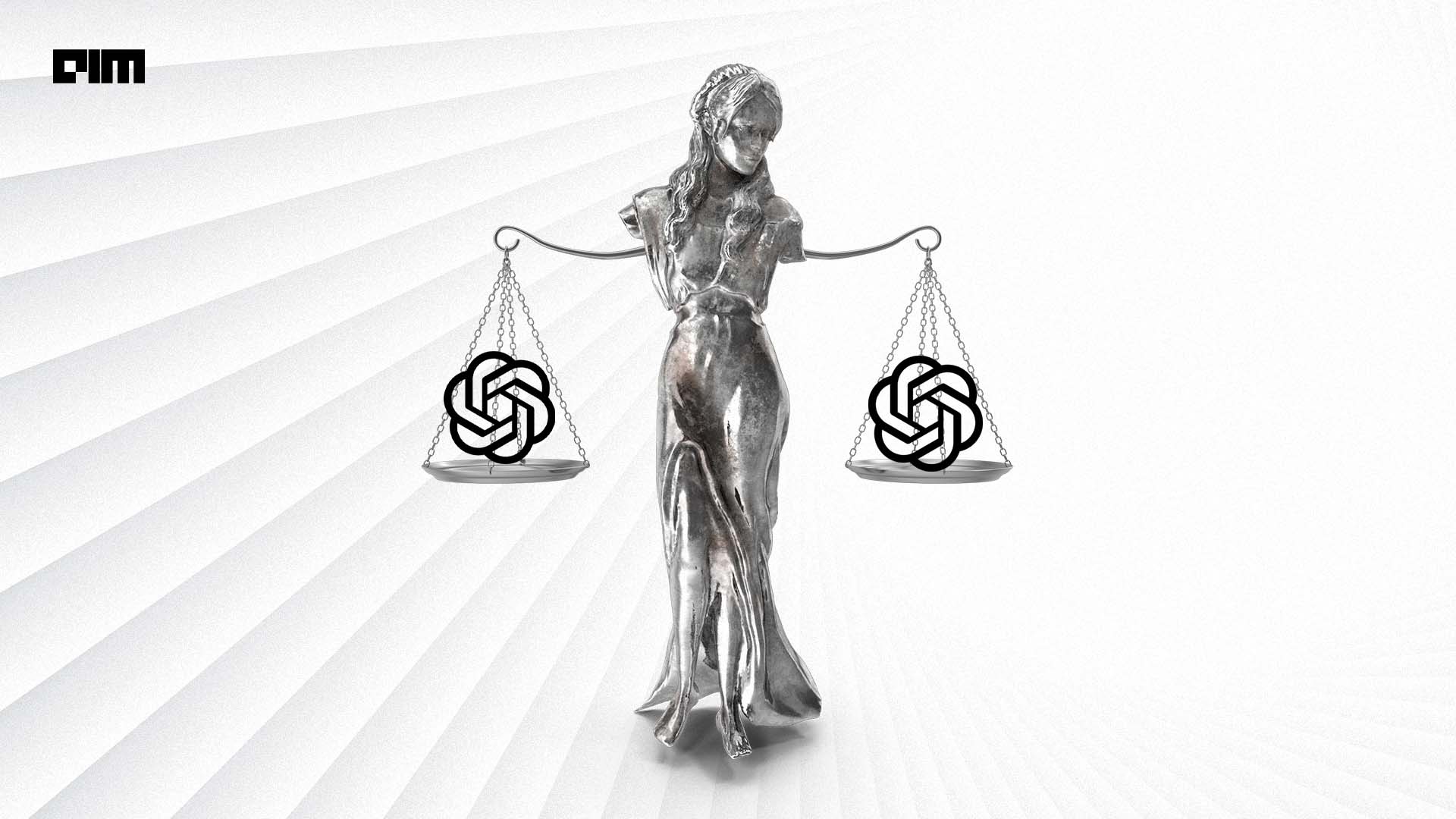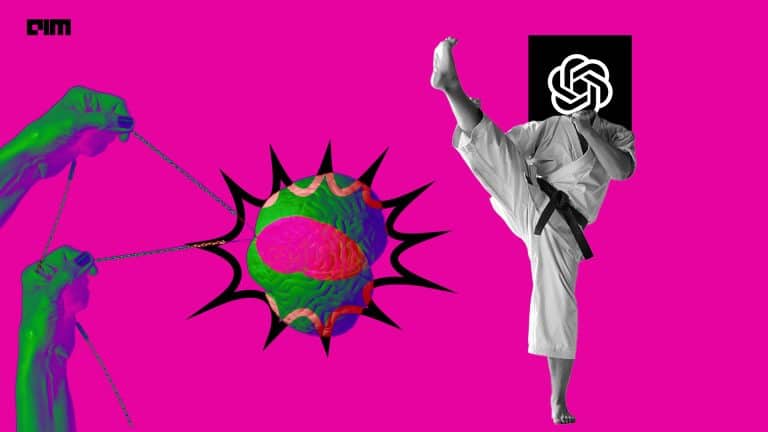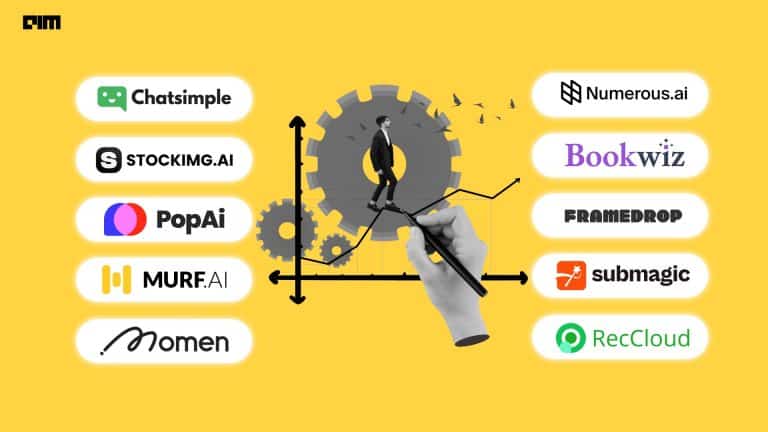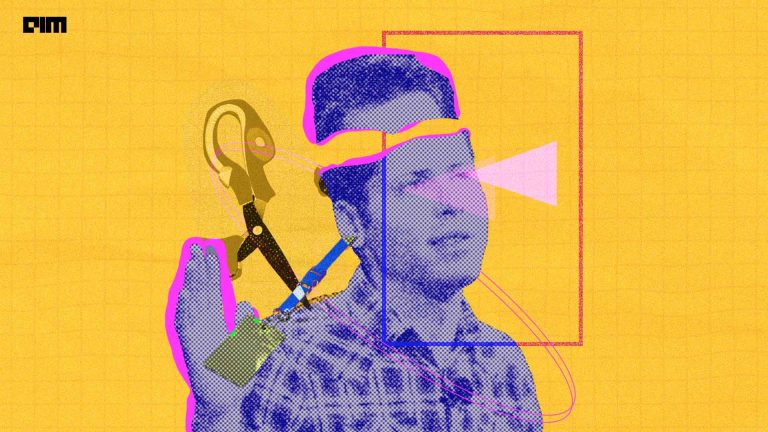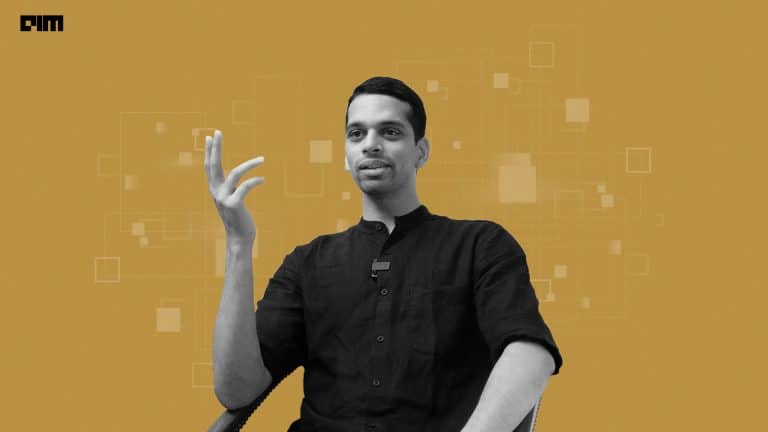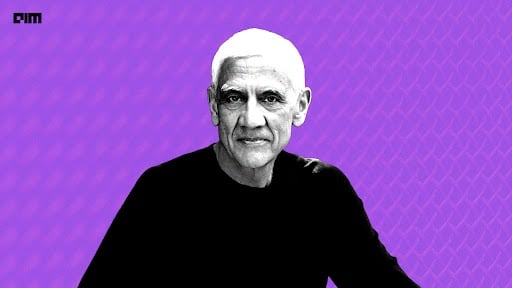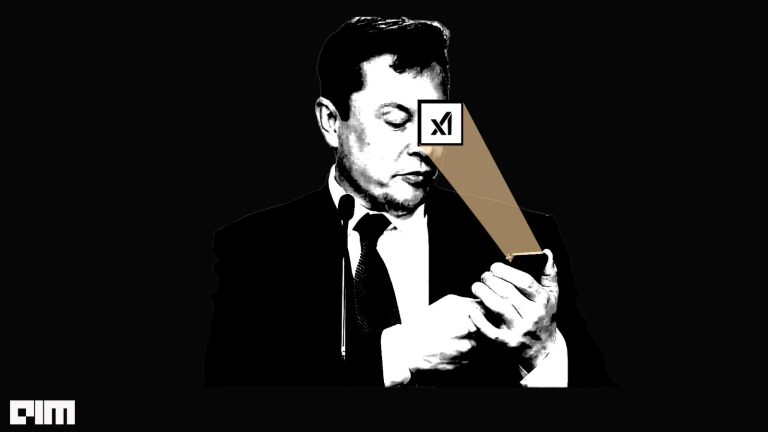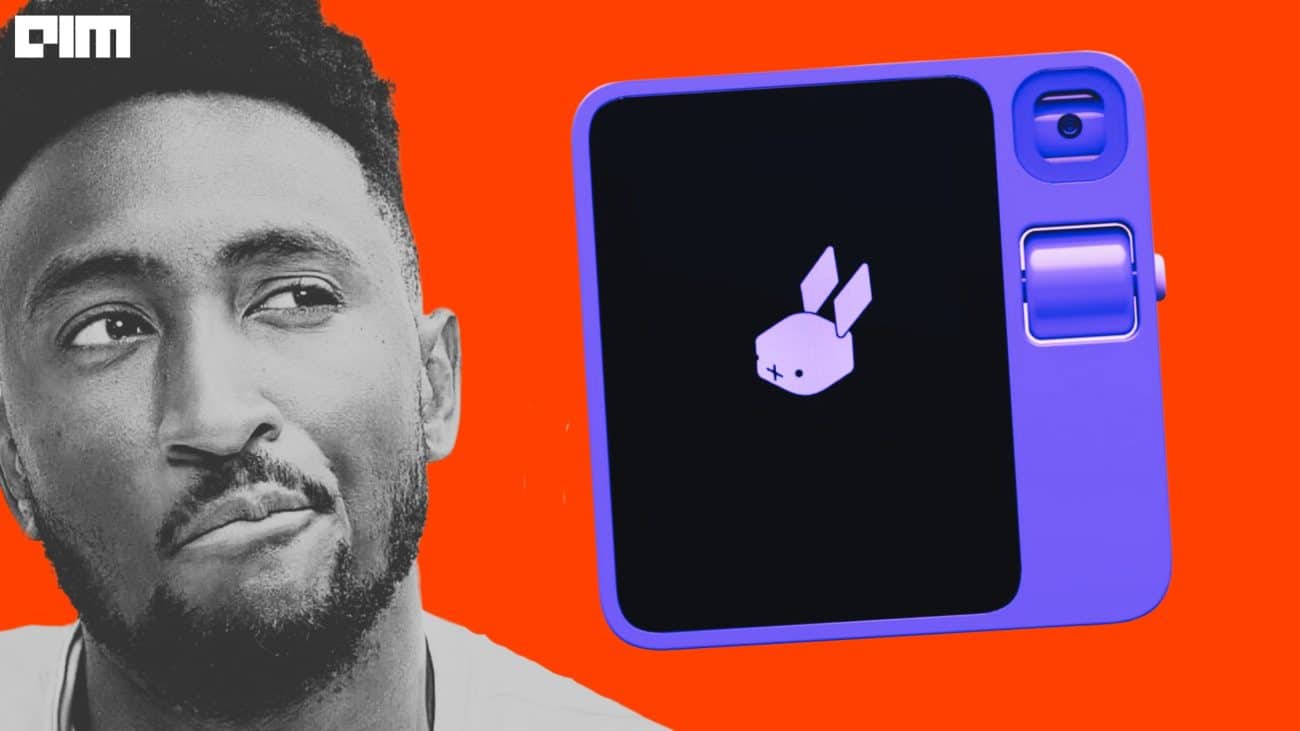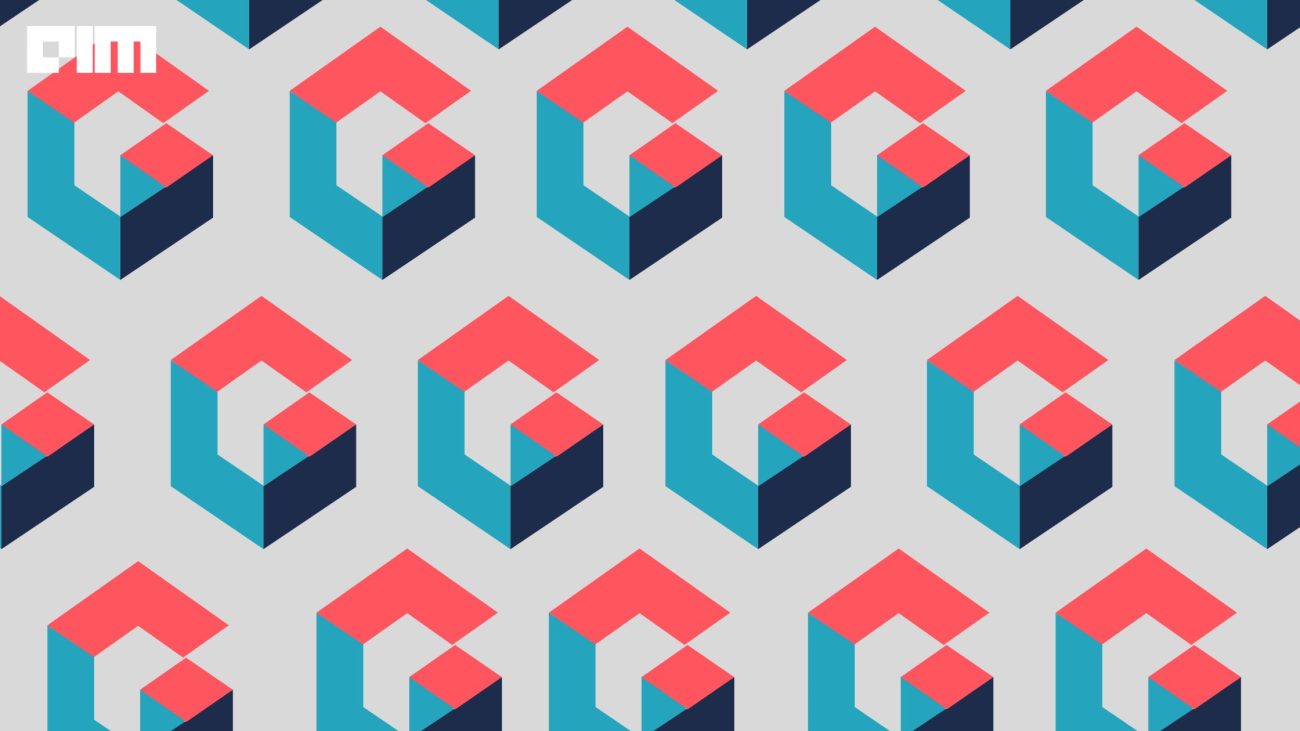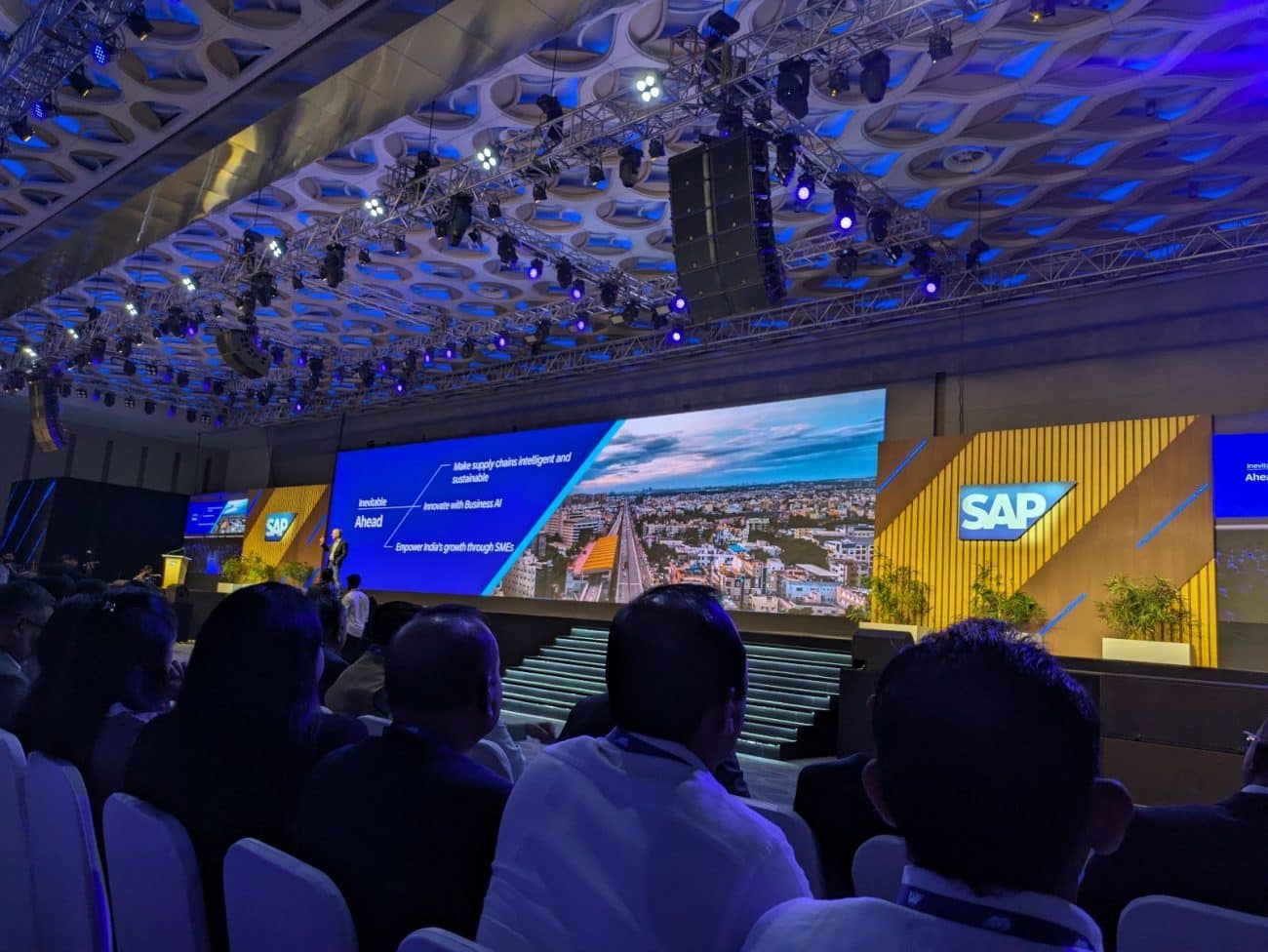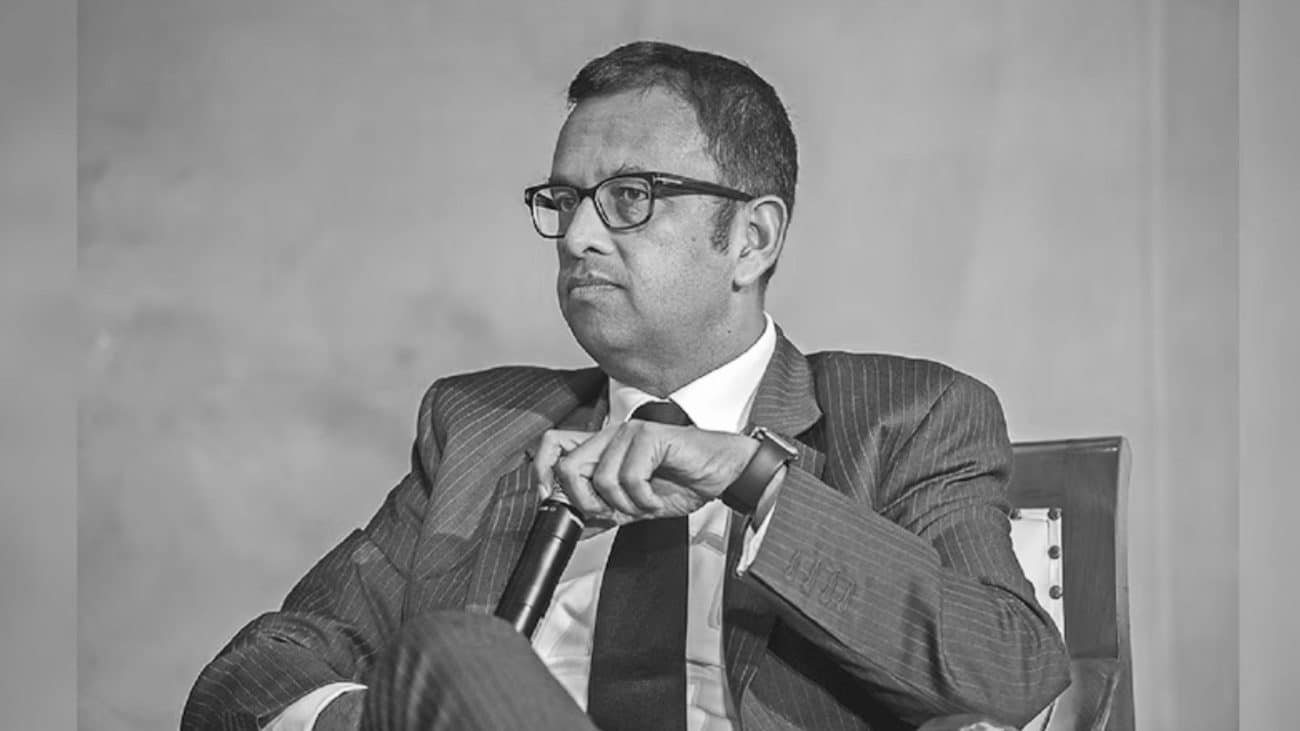|
Listen to this story
|
Last week npr.org reported that The New York Times is considering going to court against OpenAI for copyright infringement. It is still unsure what they intend with such a lawsuit as it is not the first time Open AI was taken to court for the same reason. In the previous cases, the verdict is still unclear, with judges and lawyers breaking their heads over how to proceed with IP laws as generative AI disrupts the existing copyright laws.
Here is a list of six instances when Open AI was slapped with lawsuits and what happened to them.
GitHub, OpenAI, Microsoft sued over GitHub Copilot
In November last year, Matthew Butterick put together a class action lawsuit with others to take action against GitHub Copilot. This AI programmer is trained on billions of lines of code and is employed to suggest whole lines of code or even entire functions for a price. He said that his end goal was to see corporations train their AI in a manner which respects the licences and provides attribution.
According to the most recent news about the lawsuit, the argument is about whether the similar code also violates copyright rules. A judge will decide on this case on September 14.
Paul Tremblay and Mona Awad vs Open AI
Tremblay, the author of ‘The Cabin at the End of the World’, and Awad, known for works like ‘Bunny’ and ’13 Ways of Looking at a Fat Girl’, have filed a class action lawsuit against the company on June 28. They alleged that ChatGPT creates highly accurate summaries of their books when asked, which suggests that ChatGPT was trained on their book content. This, they argue, would violate federal copyright law. They believe that OpenAI benefits financially from using their copyrighted materials without permission. According to Andres Guadamuz, an intellectual property expert at the University of Sussex, this marks the first copyright-related legal claim against OpenAI, and it’s likely not the last.
Sarah Silverman, Christopher Golden and Richard Kadrey vs Open AI and Meta
When asked about comedienne Sarah Silverman’s memoir ‘The Bedwetter’, ChatGPT was able to provide a detailed summary of every part of the book. In her lawsuit, Silverman asserts that she never authorised OpenAI to use the digital version of her 2010 book to train its AI models. She suggests that the content might have been taken from a “shadow library” of pirated works. The lawsuit alleges that her memoir was copied “without consent, without credit, and without compensation”.
This raises the question of whether ChatGPT actually “read” and memorised a pirated copy of the book or if it gathered information from customer reviews and online discussions related to the book’s success or the musical it inspired. The US courts are now tasked with clarifying this situation, as Silverman has filed a copyright infringement lawsuit against OpenAI, the creator of ChatGPT.
Privacy violations by ChatGPT
A lengthy lawsuit was filed against OpenAI, alleging that their AI models, ChatGPT and DALL-E, were trained without proper consent using the data of millions of individuals. The lawsuit, titled PM v. OpenAI LP, asserts that OpenAI acquired personal information from individuals who directly interacted with their AI systems and other applications that utilise ChatGPT. According to the complaint, this data collection and utilisation infringe upon privacy laws, particularly concerning the data of children.
The legal action claims that OpenAI has seamlessly integrated their systems with popular platforms like Snapchat, Spotify, Stripe, Slack, and Microsoft Teams. The lawsuit accuses OpenAI of covertly gathering users’ personal images, locations, music preferences, financial particulars, and private communications through these integrations. In the complaint, 16 plaintiffs are identified who have used online services and suspect that OpenAI obtained their data without proper authorisation.
A class-action lawsuit by the Clarkson Law Firm accuses OpenAI of violating privacy by gathering online data for training ChatGPT. The 157-page complaint demands OpenAI to cease commercial ChatGPT access due to these privacy violations. The firm asserts OpenAI used collected data to create profitable AI without user consent, aiming to prove legal violations of state and federal privacy laws. The lawsuit also highlights concerns about AI’s societal disruption. Clarkson Law Firm seeks a US district court order to temporarily suspend ChatGPT and implement safeguards. OpenAI hasn’t yet responded to the lawsuit.
Mark Walters vs OpenAI
Mark Walters, the host of Armed America Radio, has filed a defamation case against OpenAI, marking the first such case involving artificial intelligence, as reported by Bloomberg. The incident began when Fred Riehl, the editor-in-chief of AmmoLand, sought a summary of a Washington federal court case from ChatGPT. The AI chatbot provided false information about Walters, implying that he was involved in defrauding and embezzling funds from the Second Amendment Foundation, an organisation he was falsely linked to as its treasurer and chief financial officer.
Walters’ lawsuit claims that ChatGPT’s fabricated response tarnished his reputation by falsely accusing him of financial misconduct. The AI-generated claims were entirely untrue; Walters never engaged in any fraud or embezzlement and has never been employed by the mentioned organisation.
Although Riehl didn’t publish the misinformation, Walters has filed a lawsuit against OpenAI, seeking punitive damages. This case highlights the emerging issue of AI hallucinations, where AI generates false information, potentially leading to more such legal cases in the future. This follows a similar incident in which an Australian mayor considered suing OpenAI after ChatGPT falsely labelled him a convicted criminal instead of a whistleblower in a bribery scandal.


